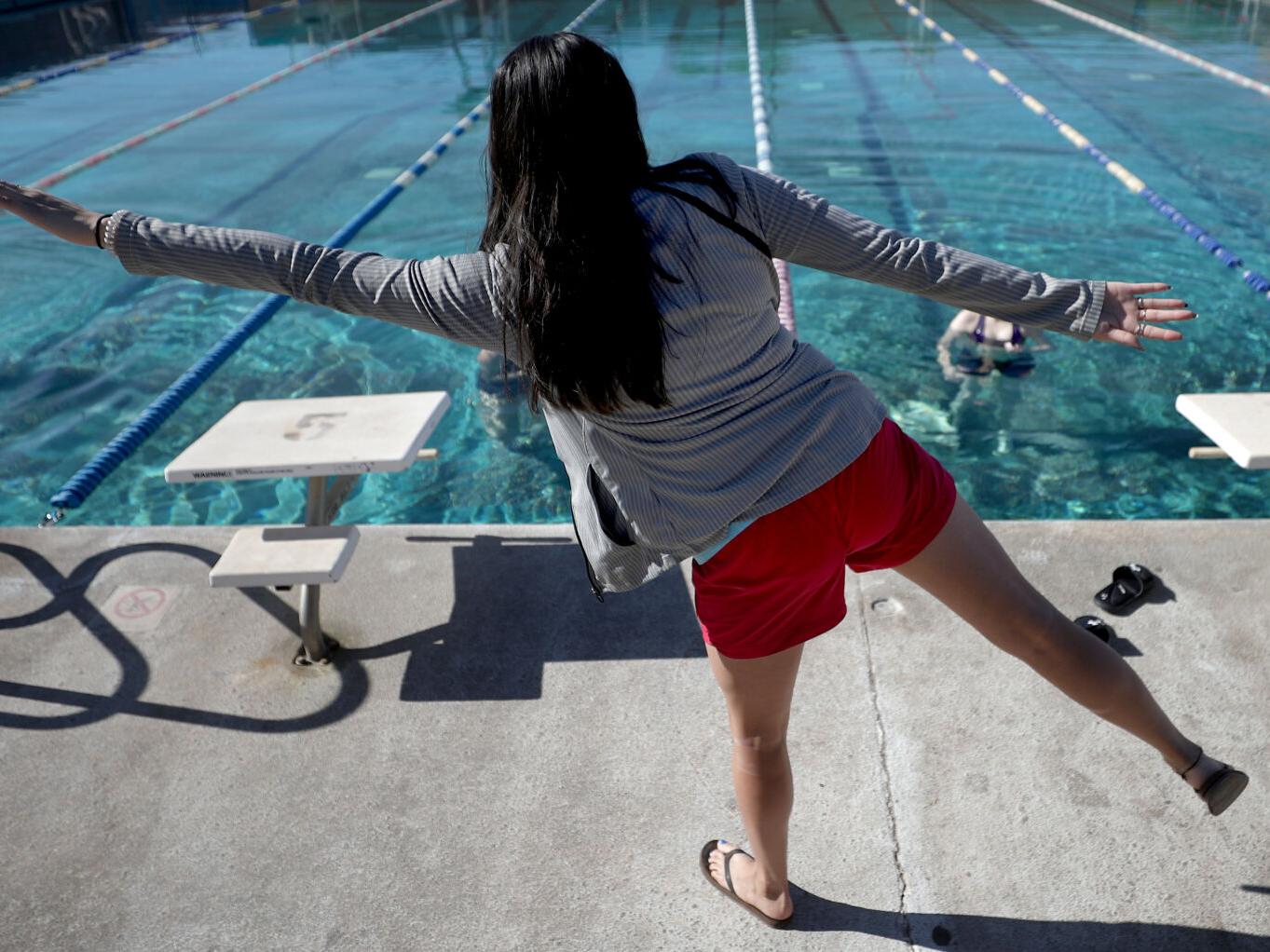Being a lifeguard is a rewarding job and it requires a lot of patience, strength, and endurance. There are different types of lifeguards that have varying degrees of difficulty and experience needed to become one.
Lifeguarding is a job that requires a lot of patience, understanding, and knowledge. If you are a lifeguard, you should know a lot of things about the person you are guarding. Lifeguard certification is a standard to know if you are a trained lifeguard or not.
You should also know how to deal with the situation when the person you are guarding is having a mental breakdown. You should also know what to do when the person you are guarding is having a drug overdose, or when the person you are guarding is on the verge of suicide.
Here is a brief description of the skills that a lifeguard needs to have to perform his duty well:
Table of Contents
Good swimming skills
The first and foremost thing to be a lifeguard is to be a good swimmer. Lifeguards need to be able to swim at least 50 meters, do a couple of laps with a buoy, and rescue someone in trouble.
A lifeguard should be able to rescue a person who is not swimming or floating properly. A lifeguard must be able to pull a person out of the water, even if it is not his fault that the person got into trouble. This is a hard skill to learn because a person may not want to be rescued and even though they are drowning, they might resist the rescuer.
Good communication skills
Lifeguards must have good communication skills in order to pull a person out of the water without hurting him/her. A lifeguard should be able to communicate well. They should be able to listen to others and be able to talk to them.
Being able to save lives The lifeguard must be able to save lives and know how to do so. He/she should be able to determine when someone needs help and he/she should be able to act quickly and effectively to save a life.
A lifeguard should be able to work well with the public. They should be able to deal with the public in a friendly manner.
Responsibility
Lifeguards need to be responsible for the lives of those who come to them for help. They should be able to make sure that no one gets hurt and that everyone is safe. There are many different activities that you can do as a lifeguard.
A lifeguard has to be able to handle various situations. You will need to know how to handle kids, how to handle accidents, and how to manage a crowd.
Perform CPR and give First aid
If you are a lifeguard, you should learn how to administer first aid to kids and adults. It is very important that you know how to handle an emergency situation. You will need to do CPR, and you may need to perform other emergency procedures such as administering oxygen.
First aid is a necessary skill for lifeguards. If you are a lifeguard, you must have a good understanding of the rules and regulations. You should know how to deal with emergencies and how to respond to them. The following are some of the basic skills that you will need to know when you are a lifeguard.
How to react in a situation?
A lifeguard should be able to work with others. They should be able to work with other lifeguards, and they should be able to work with the public. A lifeguard should know how to react in a situation. They should know how to save lives.
They should also be able to work with the public. A lifeguard should be able to communicate with others in different ways. This includes talking to people who are drowning, telling people who are lost how to get back to the shore, and telling people who are injured how to get to a hospital.
A lifeguard should be able to make decisions. They should be able to make quick decisions about what needs to be done.
Conclusion
What makes lifeguards unique is that they have to be prepared to handle emergencies at any time. It is important that you know what to do when a problem arises. If you are a lifeguard, you will be responsible for the safety of people.
The American Lifeguard Association (ALA) is been a recognized lifeguard trainer for more than the last three decades. They are providing all types of lifeguard certification and recertification. For more information on their lifeguard classes and courses, please contact ALA.


